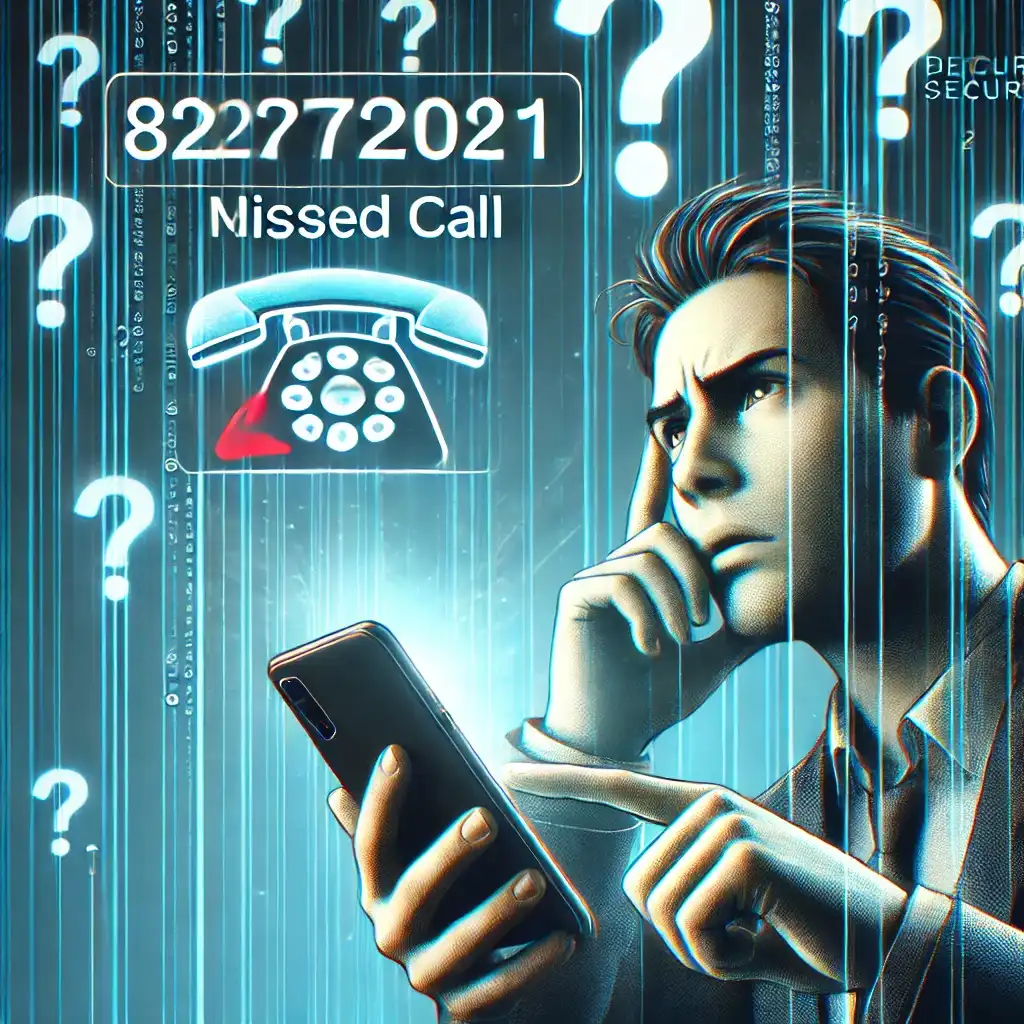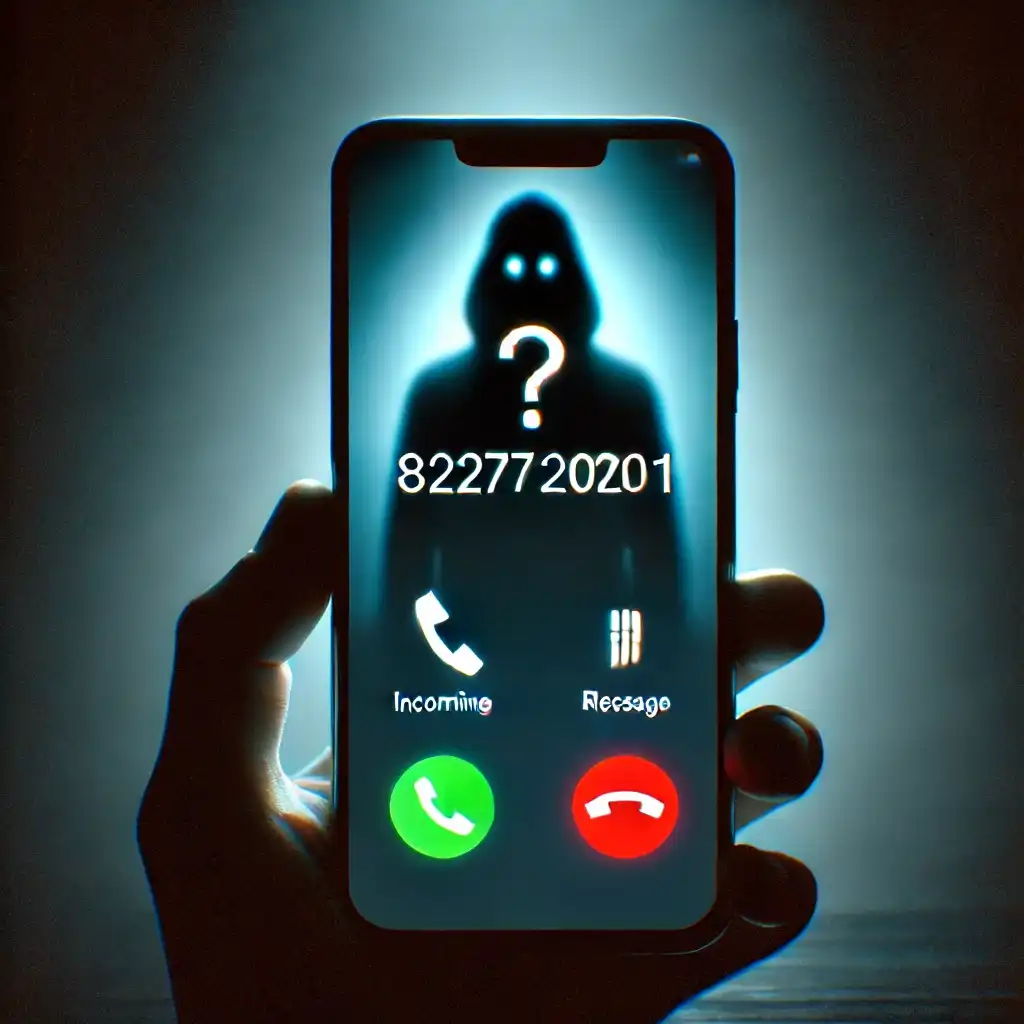If you’ve been wondering about the calls from 822720201, you are not alone. Many people across Spain—and even as far as Madrid—have reported repeated calls from this number. In this article, we break down everything you need to know about this spam number, including its origin, common user complaints, potential risks, and practical steps to protect yourself.
Overview of 822720201
Below is a quick summary of the key details associated with the number:
| Feature | Details |
|---|---|
| Phone Number | 822720201 |
| Location | Tenerife, Spain (Prefix 822) |
| Line Type | Landline |
| Search Volume | Approximately 5,037 searches |
| User Complaints | 33 complaints reported |
| Common Keywords | Hang up (6), Digital Kit (2), Cut off (1), Commercials (1), Answering Machine (1), Missed Call (1) |
| Call Classification | Phishing (1 occurrence) and Telemarketing (1 occurrence) |
This table captures the basic data surrounding the spam number 822720201. With thousands of searches and dozens of complaints, it is clear that this number has raised many concerns among users.
Read also Beware of Scam Calls from 02 8070 2203 Posing as Telstra.
Understanding the Origin of 822720201
Tenerife and the Prefix 822
The prefix 822 is specifically linked to Tenerife in Spain. Tenerife, one of the Canary Islands, is known for its distinct telecommunications numbering. The fact that 822720201 is a landline from this region can sometimes give a false sense of legitimacy to unsuspecting recipients. However, despite its seemingly local origin, the number has been reported repeatedly for spam, phishing, and telemarketing activities.
Landline vs. Mobile
Unlike mobile numbers, landline numbers such as this one are typically tied to a physical location and a specific service provider. In this case, 822720201 is associated with Aire Networks del Mediterraneo, S.L.U. Although landlines are generally viewed as more trustworthy, scammers often exploit them too—especially when they mimic a local presence.
User Experiences and Common Complaints
Many users have shared their experiences with calls from 822720201. Here are some of the most frequent themes:
- Daily Spam Calls: Multiple users report that the number calls every day, sometimes even twice a day, in both the morning and at night.
- Phishing Attempts: Some users mention that callers attempt to discuss “digital kit” grants, which are intended to help with digital transformation funding, but turn out to be fraudulent. One user noted that when they called back, they reached an answering machine claiming that the number did not exist.
- Suspicious Call Behavior: Common patterns include the phone ringing briefly with a single beep before the call is disconnected. In other instances, the caller answers and begins speaking briefly, prompting the user to hang up immediately.
- Inconsistent Caller ID: Some reports mention that the calls appear to come from different numbers, even though they all trace back to the Tenerife prefix.
These experiences underscore the disruptive nature of the calls and the growing concern over digital scams. Scammers might be using these tactics to collect personal data or to defraud recipients, particularly by targeting opportunities like the “Kit Digital grants.”
Analyzing the Nature of the Calls
Common Keywords and Patterns
Users have identified several keywords related to the calls from 822720201. These include:
- Hang up: Many users report that the caller hangs up almost immediately, often after a brief beep.
- Digital Kit: Some calls reference digital kits, a term linked to government grants aimed at helping businesses modernize. Fraudsters may exploit this interest to trick recipients.
- Cut off & Commercials: There are instances where calls are cut off abruptly or resemble commercial telemarketing.
- Answering Machine & Missed Call: In a few cases, when users return a missed call, they are greeted by an answering machine that states the number dialed does not exist.
What Do These Patterns Mean?
The repeated use of phrases like “Digital Kit” suggests that these calls might be linked to fraudulent schemes targeting businesses or individuals looking for digital transformation funding. By posing as legitimate entities offering assistance with these grants, scammers aim to obtain sensitive personal or financial data. The brief ring or immediate hang-up could be tactics to confirm that a number is active before launching a more elaborate scam later.
Potential Risks: Phishing and Fraud

Phishing and Data Theft
The fact that calls from 822720201 have been classified as phishing (even if only once) should serve as a warning. Phishing scams are designed to trick you into revealing sensitive information, such as banking details, passwords, or personal identification. In the context of the reported “Digital Kit” scams, scammers might claim that you are eligible for a grant, prompting you to share your personal information under false pretenses.
Telemarketing Tactics
Although some calls may be categorized under telemarketing, the aggressive frequency and suspicious content of these calls suggest that they might be more than mere sales pitches. Fraudsters may use legitimate-sounding telemarketing tactics to build trust before diverting into scams.
Fraud on Kit Digital Grants
One user reported that the calls were related to “fraud on Kit Digital grants.” These grants are intended to help small businesses with digital transformation, but scammers have been known to exploit such programs by offering fraudulent services. They might build a bogus website, collect the grant funds, and then disappear without providing any legitimate service. This leaves victims with a “crappy website” and financial losses—essentially, a scam designed to siphon money away from legitimate grant applicants.
Technical Background and Number Verification
How Scammers Use Spoofing Techniques
Even though 822720201 appears to be a local landline number from Tenerife, scammers often use number spoofing to disguise the true origin of their calls. Spoofing allows them to make it seem as if calls are coming from a trusted local source, when in reality, they may be operating from anywhere in the world. This makes it harder for users to immediately identify a scam.
Verifying the Caller
One way to protect yourself is to verify any unexpected calls from this number. If you receive a call from 822720201, consider the following steps:
- Do not immediately share personal information.
- Call back using an independently verified number: If the call claims to be from a legitimate company, search for their official contact details online rather than calling back the number displayed.
- Report suspicious activity: Notify your phone provider or local consumer protection agency if you believe the call is fraudulent.
Tips for Recognizing and Handling Calls from 822720201
Immediate Actions When You Receive a Call
- Hang Up Immediately: If you answer and hear a brief beep or an unusual silence, it is best to hang up. Do not engage with the caller.
- Avoid Calling Back: If you miss a call from this number, resist the urge to call back. Scammers often set up multiple numbers to confirm active lines.
- Block the Number: Use your phone’s built-in call-blocking feature or a third-party spam blocker to prevent further calls.
- Do Not Share Personal Information: Under no circumstances should you provide any personal, financial, or sensitive information during these calls.
Reporting the Calls
- Contact Your Telecom Provider: Report the number to your service provider. They may have systems in place to investigate and block spam calls.
- File a Complaint: If you are in Spain, consider filing a complaint with consumer protection agencies or using online platforms that track spam numbers.
- Use Truecaller or Similar Services: Apps like Truecaller can help identify whether a number has been reported as spam and offer community-driven insights into its legitimacy.
Table: Quick Response Checklist
| Action | Recommendation |
|---|---|
| Immediate Response | Hang up immediately if the call seems suspicious or if there’s a brief beep/silence. |
| Call Back? | Avoid calling back—scammers may confirm your number is active. |
| Block the Number | Use call-blocking features on your phone or install a spam blocker app. |
| Verify Caller Identity | If the call claims to be from a legitimate service, verify through independent contact channels. |
| Report | File a complaint with your telecom provider and relevant consumer protection agencies. |
Government Measures and Industry Responses
Recent Regulatory Changes in Spain
The Spanish government has recognized the growing problem of spam and scam calls. Recently, measures have been introduced to combat these issues. For instance, new regulations now prohibit commercial calls from mobile numbers without the recipient’s consent and require operators to block calls from numbers not assigned to any service. Such measures are designed to:
- Reduce fraudulent activity: By making it harder for scammers to operate using spoofed or unassigned numbers.
- Increase transparency: Citizens can more easily identify legitimate calls, as genuine commercial calls should come from numbers beginning with designated prefixes (e.g., 800 or 900).
What This Means for Users
While these government measures are a step in the right direction, they may not immediately stop all spam calls from numbers like 822720201. Scammers are constantly evolving their tactics, which means that users still need to remain vigilant and proactive in protecting themselves.
Practical Steps to Protect Yourself
Using Technology to Your Advantage
- Call Blocking Apps: Consider installing reputable spam blocking apps such as Truecaller, Hiya, or others that have been praised for their effectiveness. These apps rely on community feedback and up-to-date databases to flag suspicious numbers.
- Adjust Phone Settings: On both Android and iPhone, adjust your settings to filter out calls from unknown or suspicious numbers. Many modern smartphones include built-in features to label spam calls.
- Stay Updated: Keep an eye on news and updates regarding spam call tactics. As new scams emerge, consumer protection agencies often release advisories and tips on how to handle them.
Educating Yourself and Others
Understanding the tactics used by scammers can help you and your community better protect yourselves. For example:
- Know the Common Phrases: Be wary if a caller mentions “Digital Kit” or makes unusual claims about grant funding.
- Spread Awareness: Share information with friends and family, especially if they are less tech-savvy. Awareness is a powerful tool in preventing fraud.
Read previous post Understanding Unsolicited Calls from 0489991947
Additional Resources
If you need further help, consider these additional steps:
- Consumer Protection Websites: Visit the website of the Spanish consumer protection agency to learn about recent scams and report suspicious activity.
- Telecom Provider Support: Contact your mobile or landline service provider for support and to learn about additional security features they may offer.
- Local Law Enforcement: In cases where you believe you are the victim of a scam, don’t hesitate to file a report with local law enforcement authorities.
Conclusion
The persistent calls from 822720201 have caused frustration and concern among many users, particularly in Spain. Although the number is a legitimate landline registered in Tenerife, its repeated use in spam and scam activities cannot be ignored. By understanding the origin of the number, recognizing common patterns in these calls, and taking practical steps to protect yourself, you can minimize the risk and disruption caused by these unwanted calls.
In summary:
- 822720201 is a Tenerife-based landline that has been linked to spam, phishing, and telemarketing.
- Users have reported daily calls with suspicious behaviors such as immediate hang-ups and references to digital grants.
- Fraudulent schemes, especially related to “Kit Digital grants,” may be at play, aiming to collect personal data or defraud recipients.
- Employing call blocking apps, verifying caller identities, and reporting suspicious activity are critical steps in safeguarding your personal information.
- Stay informed about new regulatory measures and technological solutions designed to combat these spam calls.
By following these recommendations and remaining vigilant, you can better protect yourself from the persistent nuisance of spam calls from numbers like 822720201.

